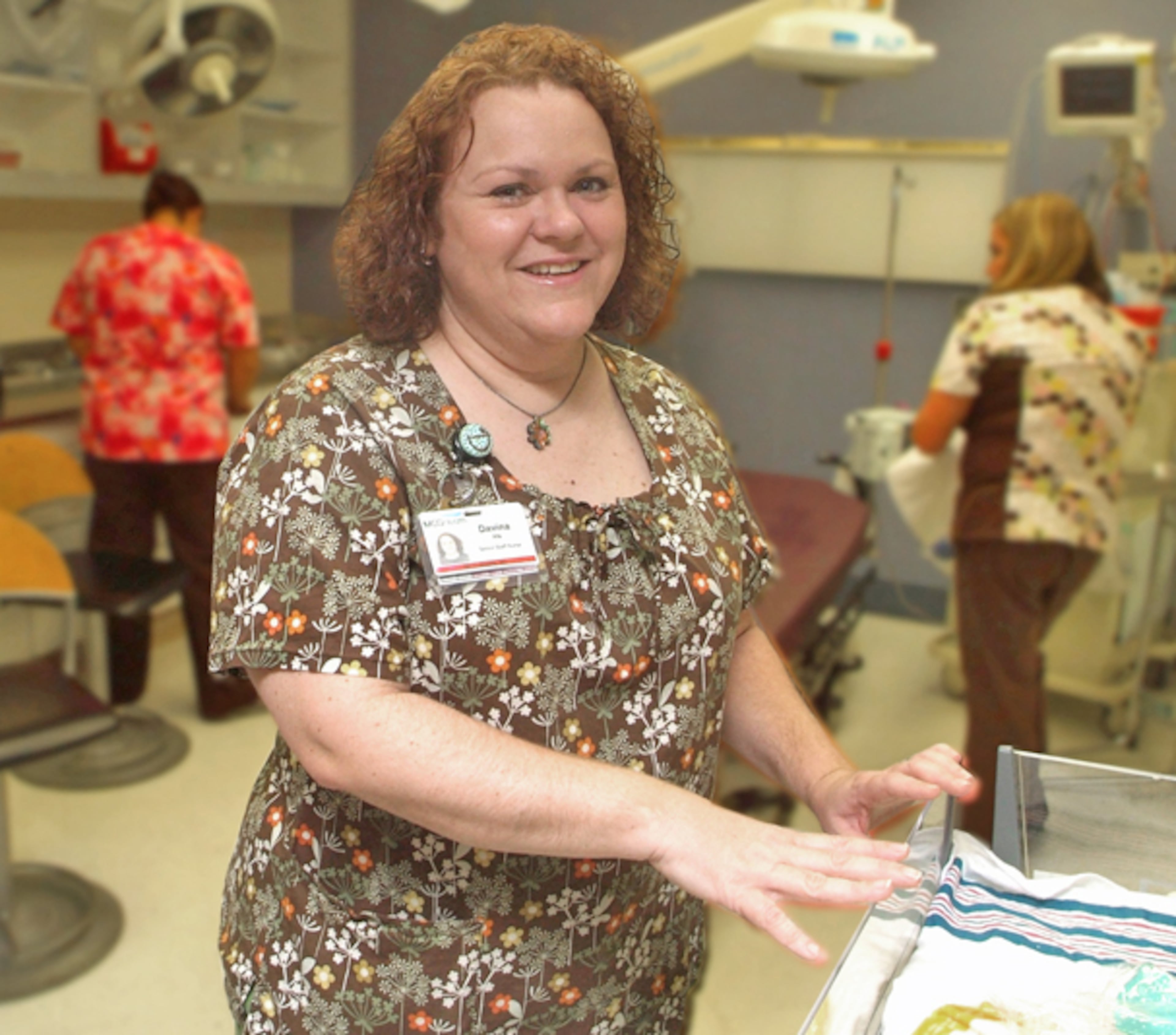How nurses can support patients with autism
With approximately 1 in 59 children being diagnosed with an autism spectrum disorder (ASD), nurses frequently care for patients who face health care challenges as a result.
» RELATED: Atlanta resources for those on the autism spectrum
These professionals are increasingly aware of their role in helping to ensure that patients with ASD receive the best possible care. These patients may have difficulty communicating or may find a break in their routine stressful. By understanding ASD-related challenges and devising ways to make patients as well as their parents or caregivers more comfortable, nurses can make a hospital stay, doctor visit or dental checkup less stressful and more effective.
In fact, they can play an important role in helping children with ASD to be correctly diagnosed. Nurses can look out for subtle signals of the disorders and refer patients for more targeted evaluations, according to nursingcenter.com. This can be important since early intervention leads to better long-term prognosis.
Nurses can also help support patients with ASD in the following ways:

Implement a patient coping plan.
Marcus Autism Center, which is a part of the Children's Healthcare of Atlanta system, implemented a coping plan to help calm anxious patients and make their care experience positive, according to a press release from Children's Healthcare of Atlanta. Children's Child Life Specialist Ashley McCain and Katie Wittling, nurse manager, day surgery, put together a task force to help create an individualized patient coping plan for patients with ASD. For one teen with ASD, that meant scheduling dentist appointments first thing in the morning so he can adhere to his regular meal schedule. And when he has a surgical procedure, he can wear his favorite cap and take his favorite Matchbox car to the operating room. These changes help make him feel safer and more secure.
Limit distractions.
Patients with ASD will feel more relaxed if they're in an exam room without a lot of distractions, nursebuff.com recommended. Make sure the room is as quiet as possible, dim the lights, and regulate the room's temperature.
Provide sensory objects.
At Nemours Children's Hospital in Orlando, a box of sensory objects is kept at the nurses' station so they can be distributed to patients with ASD, Cara Harwell, emergency department nurse practitioner, told elitecme.com. The box contains items such as noise-canceling headphones, weighted lap pads and sensory balls.
» RELATED: What is autism? Things to know about the disorder
Use the right language.
A person who's on the autism spectrum may respond better to clear language and short sentences, according to autism.org.uk. Nurses should also be aware that patients with ASD may take things literally, so they should avoid idioms and make direct requests. For example, nurses shouldn't ask, "Can you stand up?" because they may get a "yes" for an answer, or the patient may remain sitting. Instead, they should make a direct request – "Please stand up" – so the patient clearly understands they're being asked to do something.
Provide consistent care.
If a child on the autism spectrum is hospitalized, nursebuff.com recommended that the nurses who care for him or her on the first day remain assigned to the patient. The same is true of other health care personnel such as a respiratory therapist and nursing assistant.
» RELATED: Venues offer programs, tools for kids with autism or sensory disorders
Create trust.
Americannursetoday.com recommended that nurses take time to relate to patients with ASD before dealing with medical issues. If the patient or his or her caregiver mentions a favorite movie or is wearing a shirt that depicts a favorite character or team, nurses can use these clues to connect with him or her. This can be effective with children as well as adults.
Watch for signs of pain.
Adults and children with ASD may have a high pain threshold, so even if they don't appear to be in pain, they may be injured or ill, according to autism.org.uk. They may even have an unusual response to pain, such as laughter or singing. Nurses should look closely for signs that something is wrong, especially in adult patients, since their behavior is often more controlled, according to faststaff.com.

